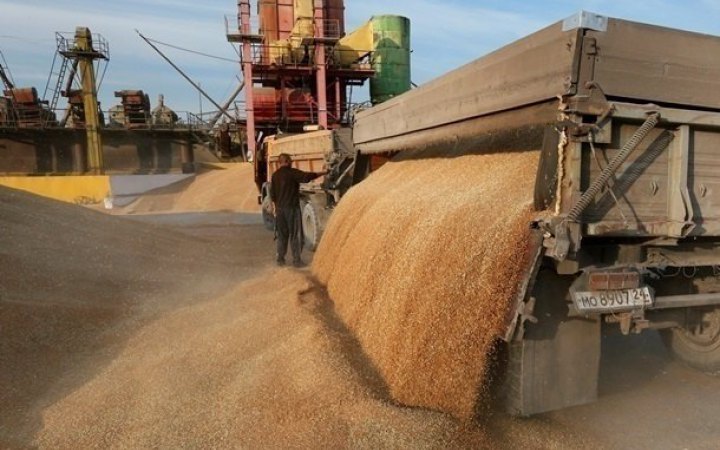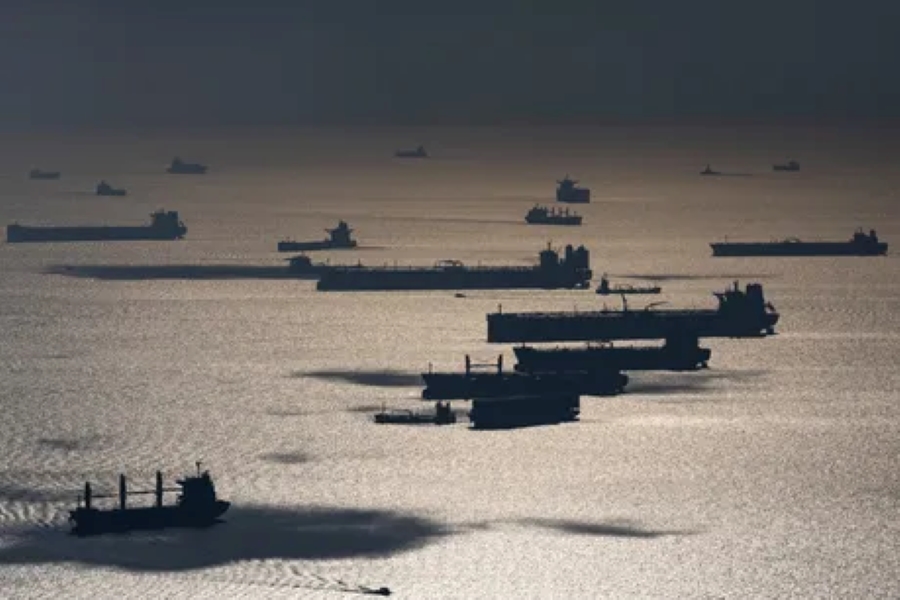By Paolo Chirafisi, Italian geopolitical analyst
On 31 July 2022, Russian President Vladimir Putin signed the new maritime doctrine of the Russian Federation, thus renewing the previous one, dating back to 2015.
In addition to setting ambitious and perhaps unrealistic objectives in the Arctic Ocean, the Indo-Pacific Ocean and the Mediterranean Sea, the new maritime doctrine has an important focus, of course, on the Black Sea.
Compared to the previous doctrine, characterized by a willingness to cooperate with other maritime actors, on a global scale, this 2022 version shows, in his tones and contents, a much more aggressive geopolitical posture and is marked by the clash with the current maritime hegemon, the USA.
Regarding the strategic scenario wich is object of analysis, the Russian marine doctrine previews a "total strengthening of the geopolitical position of Russia" in the Black Sea and the Sea of Azov as well as in all the adjacent seas of the Federation and in particular an expansion of military infrastructure in the Crimean peninsula, illegally annexed to the Federation in 2014, and a planned strengthening of the Russian Black Sea fleet.
According to statements made by the Minister of Defense Shoigu in recent months, the ports of Berdiansk and Mariupol, on the coasts of the Azov Sea, would "fully functioning†and in perspective Russia would intend to establish there "bases for support ships, emergency rescue services and units for the repair of ships of the navy" (Russia to establish naval bases in two occupied Ukraine cities: Defense Minister | Al Arabiya English).
Evidently the Russian Federation does not feel very safe in the ports of the "Crimean fortress", after the successes reported by the Ukrainian raids in the port of Sevastopol, after the sinking of the flagship "Moskva" and after the Ukrainian reconquest of Snake Island and intends intends to create additional military bases in the Sea of Azov, aiming to turn it into a "Russian lake".
It should be noted, however, that Russian control of Berdiansk and Mariupol is threatened by any counter-offensive from Kiev, as the territory of the rear port, currently occupied by Moscow troops, does not possess a strategic depth to ensure adequate protection of these port sites, potentially assaultable by land from the north.
In addition, the Volga-Don Canal, a short but strategic artificial infrastructure of about 63 km that connects the homonymous rivers, is used by Russia to move vessels from the Caspian Sea to the Azov Sea but has been for decades in rather precarious conditions: in some places it is turned into a shallow swamp and is characterized by numerous loops and bottlenecks; this determines the impossibility of transferring to the Sea of Azov warships of great size.
In recent months they have returned to talk about this waterway, in the context of ever closer cooperation between Iran and Russia (Russia Invests in Volga-Don Canal as Trade With Iran Booms (maritime-executive.com)) that takes place on several levels, not least the commercial one; in this context, it seems that the Government of the Russian Federation has decided to allocate USD 1 billion to expand the canal, allowing the passage of larger vessels with a larger tonnage.
This would obviously allow a double use of this infrastructure in which the aspect of military cooperation between Russia and Iran would take on a not secondary significance, given also the recent agreements to provide Russia with Iranian drones and missiles (Drone analysis in Ukraine suggests Iran has supplied Russia since war began | Ukraine | The Guardian ).
In addition, it has been proposed in the past by Russia and Kazakhstan and more recently by the Eurasian Economic Union (Kazakhstan proposes large scale waterway project to connect Europe and Asia (brusselstimes.com)) the construction of a new wider and more efficient waterway, the Eurasia Channel; but at the moment there is no trace of such an initiative.
On another side, the pharaonic project pursued by Turkish President Erdogan called "Istanbul Channel" seems worthy of greater consideration: it would, in fact, constitute an alternative to the Bosphorus Strait, to which he would run parallel, thus allowing Turkey and other countries to disregard the old Montreaux Convention of 1936, which restricts the passage through the straits of military vessels not belonging to the Black Sea coastal states.
If this Channel were actually carried out, it would be an infrastructure of strong geopolitical value that would put Russia in a complicated situation from the point of view of its naval military projection in the Black Sea, undermining the objectives laid down in the new 2022 maritime doctrine, at a future time when there would be free access for the military vessels of the NATO countries, and in particular those of the US and UK fleet.





















